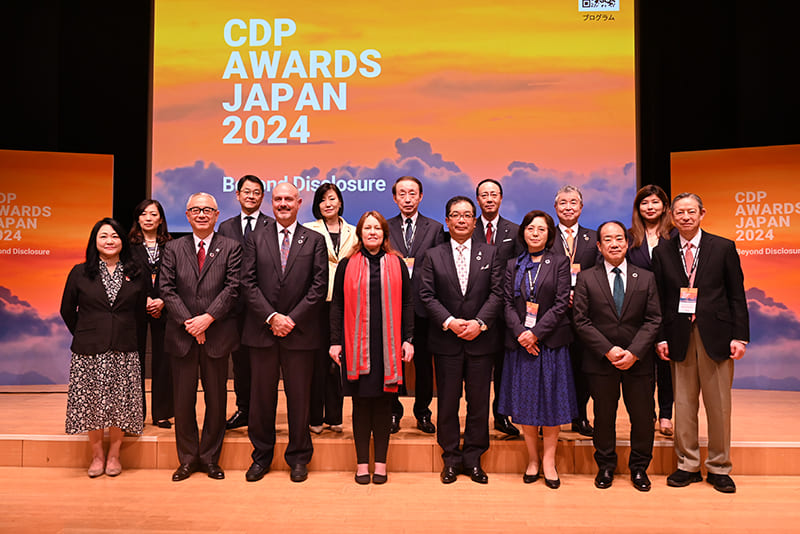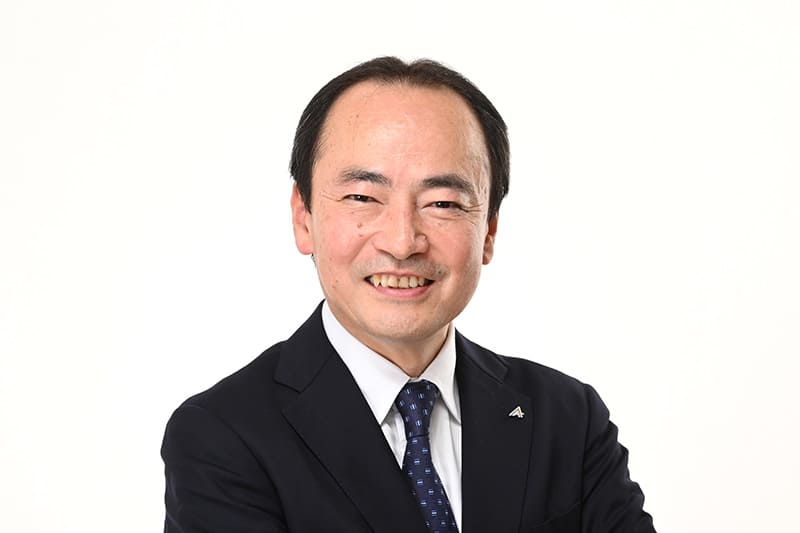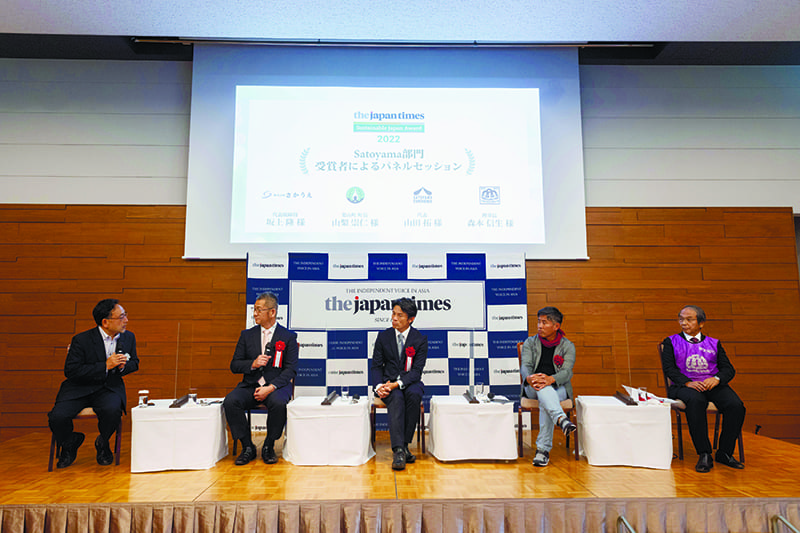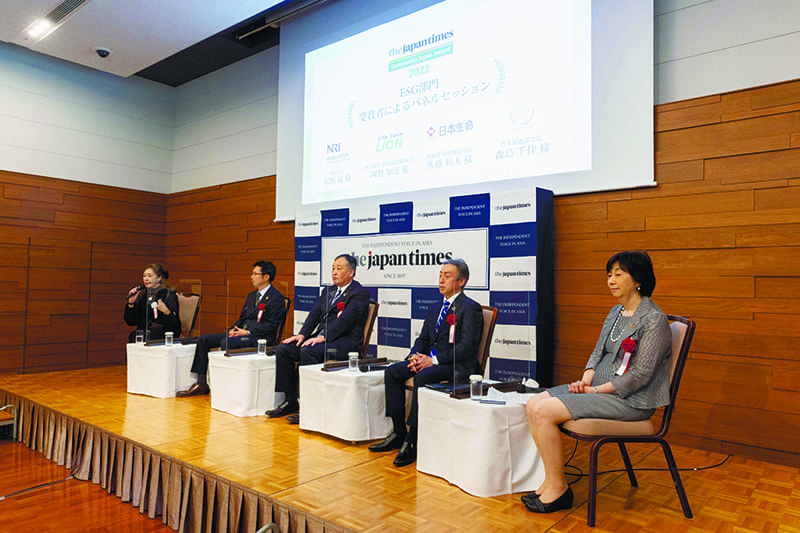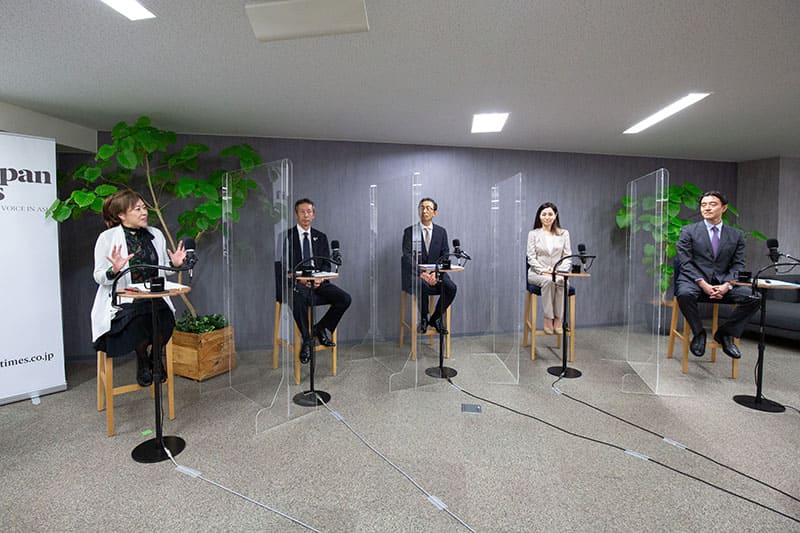February 19, 2024
A hothouse of ecological ideas will produce tomatoes in Aomori
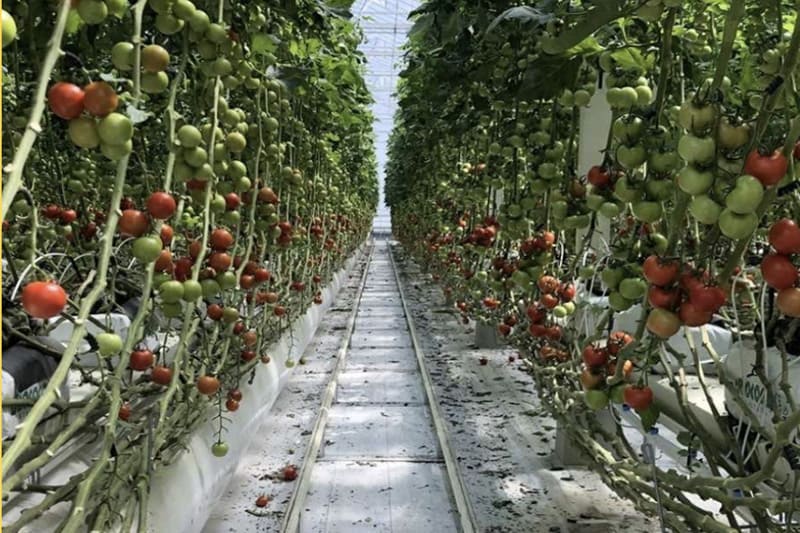
Starting in April, a project in the Aomori city of Mutsu, at the northern tip of Honshu, will grow tomatoes using a new cultivation method that will go beyond zero carbon and actually absorb more CO2 than it emits. Built on a large abandoned farm, the facility will also create 100 new jobs.
Its Venlo greenhouse is equipped with an automatic environmental control system for adjusting temperature, moisture and the level of carbon dioxide in the air. The tomatoes will be hydroponically cultivated, and the management of water and fertilization will also be automated.
Mutsu Mayor Tomoya Yamamoto said: “To keep the air inside the greenhouse warm, a biomass boiler that burns wood chips to generate heat was installed. Forests make up about 80% of the total area of the prefecture, so we can use a natural resource we already have instead of using fossil fuels.” The carbon dioxide produced by burning the chips won’t go to waste — it will be supplied to the tomatoes growing in the greenhouse to accelerate photosynthesis. The amount of carbon dioxide emitted from the boiler and used for cultivation is estimated at up to 4,500 tons annually.
Cutting down old trees and planting seedlings is also an effective way to enhance the absorption of carbon dioxide emissions. “Younger trees absorb more CO2 than older ones. We plan to use part of the profit from the tomato farm for reforestation,” Yamamoto said. About 40,000 trees will be planted across 20 hectares of forest land annually.
In addition, LED lights will be installed to make up for the general low level of light in the area to stimulate the tomatoes’ growth, and automatic delivery vehicles will allow workers to be allocated more effectively to where they are needed. The facility is expected to produce 1,500 tons of tomatoes a year on 3.5 hectares of land — 10 times more than conventional cultivation methods can achieve.
The project started when a Hokkaido-based agricultural company, Torafuku Co. Ltd., approached Mutsu in March 2022, soon after it heard news that as many as 500 people had lost their jobs in the midst of the coronavirus pandemic due to the closure of a major stocking factory in Mutsu.
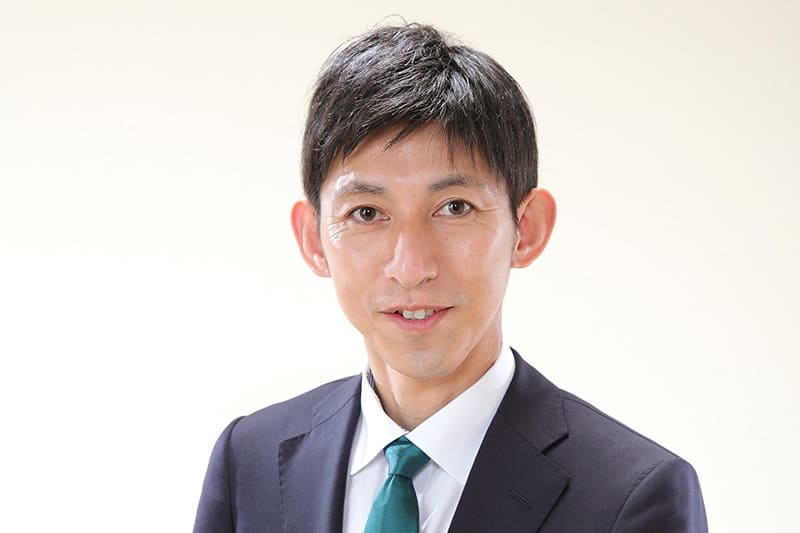
Torafuku, established in 2014, grows vegetables and fruits in greenhouses and on farms in Hokkaido. In 2020, it built the same type of Venlo greenhouse as the one that Mutsu now has. “Through discussions with former Mayor Soichiro Miyashita, the CEO of Torafuku saw potential in our city, which was responsive and quick at decision-making, and decided that this was the place where they wanted to start the future of agriculture,” Yamamoto said. In November 2022, Torafuku, Mutsu and Aomori Prefecture signed an agreement, and construction began the next April.
International collaboration has also contributed to the realization of the project. In January 2023, a delegation from Mutsu including Miyashita visited the Dutch city of Westland, a pioneer in facility horticulture, and signed an agreement on friendship exchange to deepen mutual cooperation to promote the development of environmentally friendly facility horticulture and agricultural technology.
Since then, there have been several opportunities to learn about each other’s agricultural efforts, including a visit by senior Westland officials to Mutsu in July, a session to exchange views with members of the Dutch horticulture industry ahead of the Netherlands-Japan Horticulture Seminar in Chiba Prefecture in October and the attendance of Mutsu officials at the seminar.
Yamamoto emphasized that the relationship must benefit both countries. “While we aim to acquire knowledge and technology from the Netherlands, we also want to be able to give something in return. For example, installing the biomass boiler at the Venlo greenhouse and using the carbon dioxide it generates to enhance tomatoes’ growth is a new approach we are taking. We hope that there is something we can share with the Netherlands in this regard,” he said.
Yamamoto said there are many other neglected fields in Mutsu. The decreasing number of farmers is mostly due to the aging of the population, possibly accelerated by the harsh climate. Northeasterly winds called yamase bring cool, wet weather in the summer, which is not suitable for growing rice and many vegetables.
“But advanced technologies allow us to achieve high agricultural productivity even in a harsh environment,” Yamamoto said. “We believe this project will demonstrate that. We enacted a new ordinance to promote smart agriculture and established a subsidy system for the installation of plant facilities.” The city’s goal is to produce a diverse range of crops and become a “food valley,” a center of innovative and sustainable farming.
Mutsu is a member of the Sustainable Japan Network, a group of companies that cooperate with this newspaper to spread information about sustainability in Japan. You can also be part of the network, visit https://sustainable.japantimes.com/sjnetwork-jp


